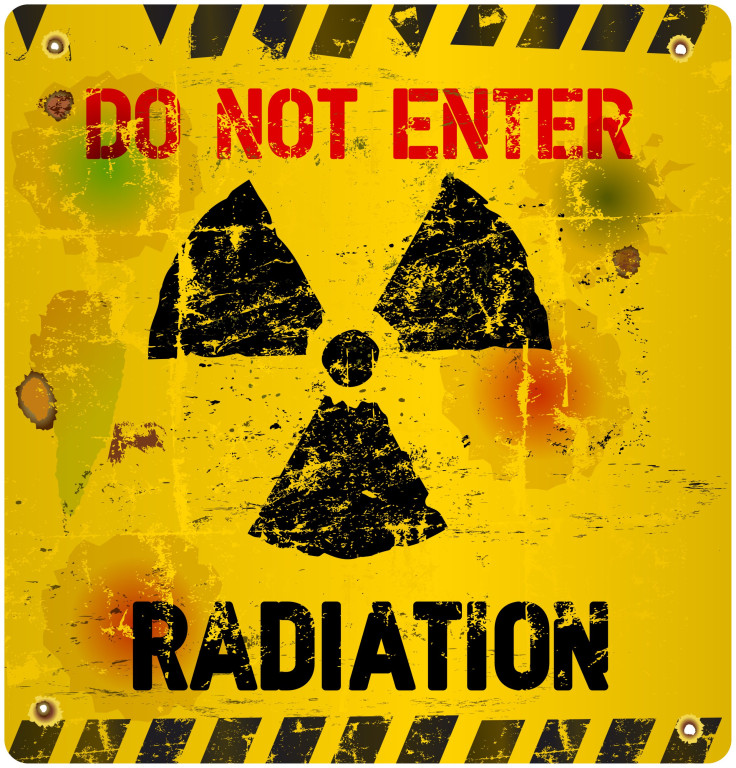New Experimental Drug Protects Healthy Cells While Amplifying Radiation's Ability To Kill Cancer Cells

How do you destroy cancer cells without harming all the healthy cells? A new comparison study identified a drug that can protect normal cells while leaving cancer cells exposed and vulnerable to radiation treatments. The research indicated this new drug may be useful in treating accidental exposure to radioactivity as well. REATA pharmaceuticals is developing RTA 408, as the drug is currently known, for a number of patient applications, including topical use to cure radiation dermatitis.
Dr. Ulrich Rodeck, professor at Thomas Jefferson University, and his colleagues tested five different compounds, all of which had been found to have radiation-protective properties. Using mice, the researchers tested each of the five compounds before and after radiation treatment. Of the five, RTA 408 emerged as a robust protector of normal cells against radiation. Its effect were comparable to the only drug currently approved by the Food and Drug Administration for that purpose. (The approved drug, amifostine, has a number side effects, including severe nausea or vomiting that make it unappealing.)
Importantly, during the screening of the five compouds, the researchers observed how body areas usually most susceptible to radiation damage, including the gut and blood cells, were both well-protected in mice treated with RTA 408.
Next, the researchers used human prostate cancer cells growing in mice to look at whether RTA 408 would confer radiation protection to the cancer cells. The researchers found it did not and then uncovered some exceptional news. When RTA 408 was given alone, without radiation, it slowed the growth of human prostate cancer transplants in the mice. Not only did it protect healthy cells, it amplified the tumor growth inhibitory effects of radiation.
"It was a stroke of luck that the drug that most effectively protected normal cells and tissues against radiation also has anti-cancer properties, thus potentially increasing the therapeutic index of radiation therapy," said Rodeck in a press statement. He and his colleagues will continue to study the drug's radiation-protective effects in order to understand exactly how it might be improved. The drug is still in the experimental stage and not yet available for use in patients.
Source: Rodeck U, et al. Radiation Protection of the Gastrointestinal Tract and Growth Inhibition of Prostate Cancer Xenografts by a Single Compound. Molecular Cancer Therapeutics. 2014.
Published by Medicaldaily.com



























